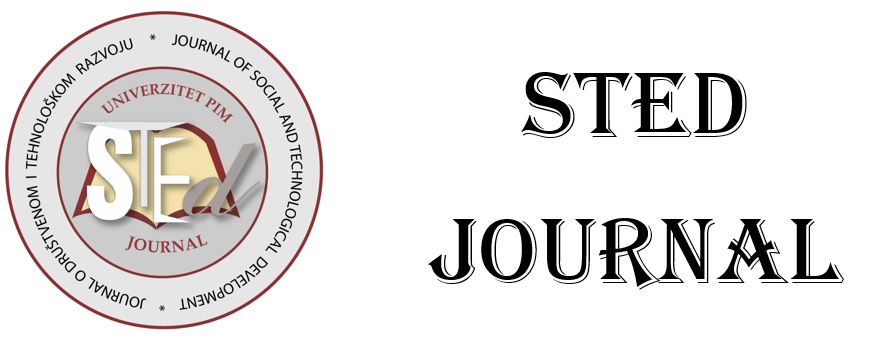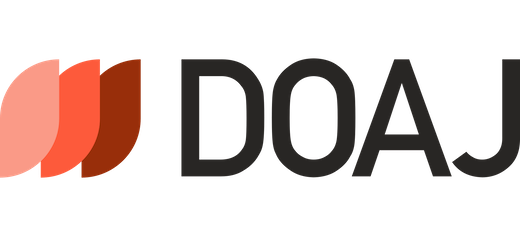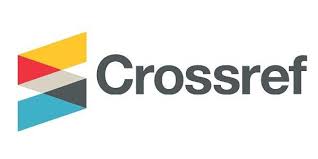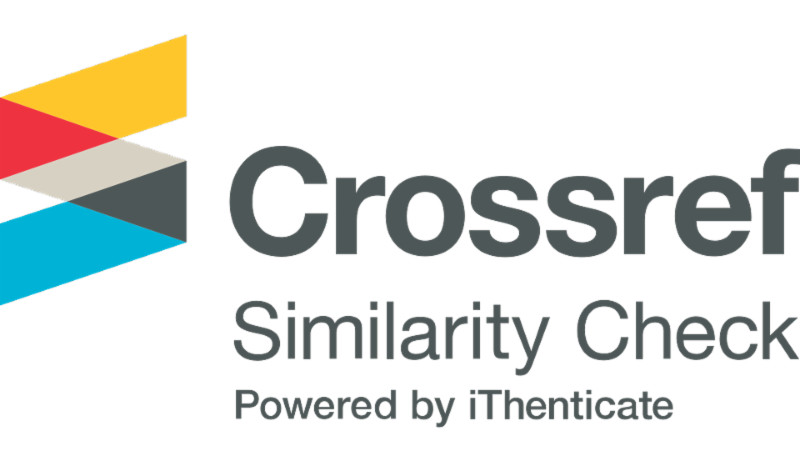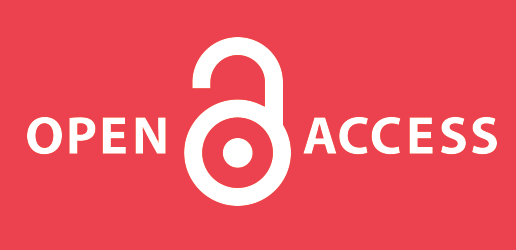
More articles from Volume 3, Issue 2, 2021
FABRICATION OF TEMPERATURE AND pH SENSITIVE BIOPOLYMER/CLAY BIOCOMPOSITE AS DRUG CARRIER FOR RANITIDINE – HCl
INFLUENCE OF SOCIO-DEMOGRAPHIC FACTORS ON MOTIVATION FOR WORK
EARLY FAMILY INTERACTIONS IN CASE OF SEXUAL DELINQUENTS
BOSNIA AND HERZEGOVINA AND THE EUROPEAN UNION – STILL FAR AWAY FROM INTEGRATION
SPECIFICITY OF RADIO ENVIRONMENT, ITS POTENTIALS AND THE ISSUE OF SURVIVAL
Article views
CONSTITUTION AS A STIMULATION FACTOR OF CONSTRUCTION SOCIOCULTURAL CAPITAL
Faculty of Management, Adriatic University , HercegNovi , Montenegro
Faculty of Economics, University PIM Banja Luka , Banja Luka , Bosnia and Herzegovina
Faculty of Economics, University PIM Banja Luka , Banja Luka , Bosnia and Herzegovina
Received: 23.08.2021.
Accepted: 10.11.2021. >>
Published: 29.11.2021.
Volume 3, Issue 2 (2021)
pp. 95-101;
Abstract
In all areas of society, it is necessary to actively and continuously act on unique (constitutive) rules that apply equally to all and perform non-selective and unprivileged regulation, coordination, organization and limitation of human behavior. These are institutions that can best present their functions. Economics has clearly shown how the real (and even virtual) economic reality works in principle and determined that the role of institutions in society and economy is not only necessary and unavoidable, but also a priority, as a metabasis and meta-mechanism. This paper presents a study of the impact of constitutional (political) rules, economic rules and contracts on the construction of socio-cultural capital. The aim of the research is to prove that all development models that have ignored institutions have proved unsustainable. The constitution has the role of preventing arbitrariness, ie “rule without rules”.
Keywords
References
Citation
Copyright
All papers are licensed under a Creative Commons Attribution 4.0 International License.
Article metrics
The statements, opinions and data contained in the journal are solely those of the individual authors and contributors and not of the publisher and the editor(s). We stay neutral with regard to jurisdictional claims in published maps and institutional affiliations.
